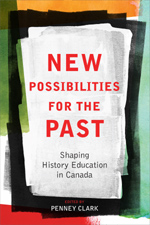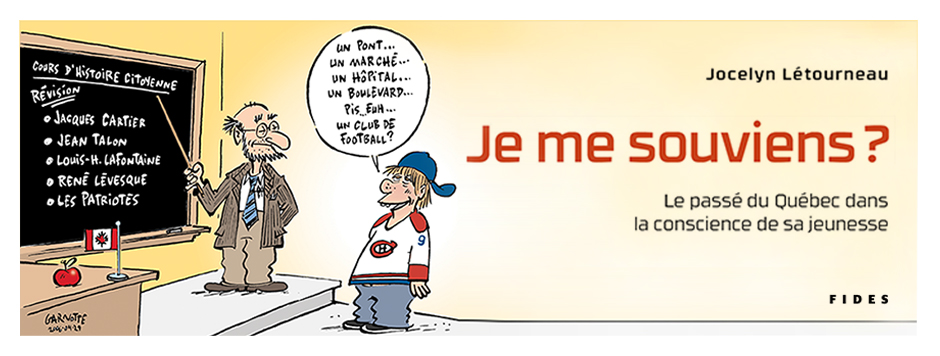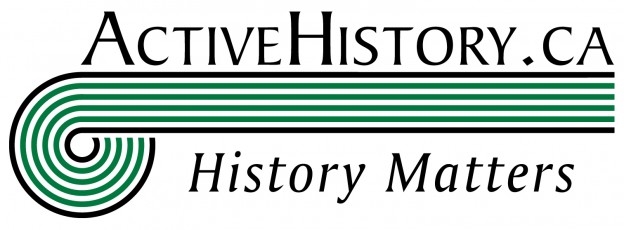
“The Debate on History Education in Quebec”, in New Possibilities for the Past : Shaping History Education in Canada, Penney Clark (Ed.), Vancouver, UBC Press, 2011, p. 81-96.
In a book that caused quite a stir when it first appeared, the French historian Marc Ferro said that history was under surveillance. How better to characterize the critical activity that since April 2006, has been unleashed against efforts by the Quebec Ministry of Education (MEQ) to transform the national history course previously offered to high school students into a history and citizenship education course. The term “unleashed” is not exaggerated here. It properly conveys the magnitude of the reaction provoked by the ministerial decision to have young Quebecers acquire a broader and more complex comprehension of the Quebec historical experience, with a view toward building the Quebec of tomorrow. As the opponents to the state’s initiative see it, the contemplated reform of the national history course had a quite different and utterly reprehensible goal: undoing the existing corpus of historical references underlying young Quebecers’ historical consciousness. Hence the need, felt by those protesting the new history curriculum, to represent the MEQ’s decision as a Trojan horse leading to the possible dismantling of a collective identity. Such a curriculum, one critic noted, would lead to nothing less than the “tranquil denationalization of Quebec’s identity.”
Jocelyn Létourneau: “The Debate on History Education in Quebec”, New Poss. for the Past: History Education in Canada https://t.co/HsCB52hoHx
— History of Canada (@historycanada) 12 Juin 2014
To get the book where this article was published.
Dans: Article (en)





